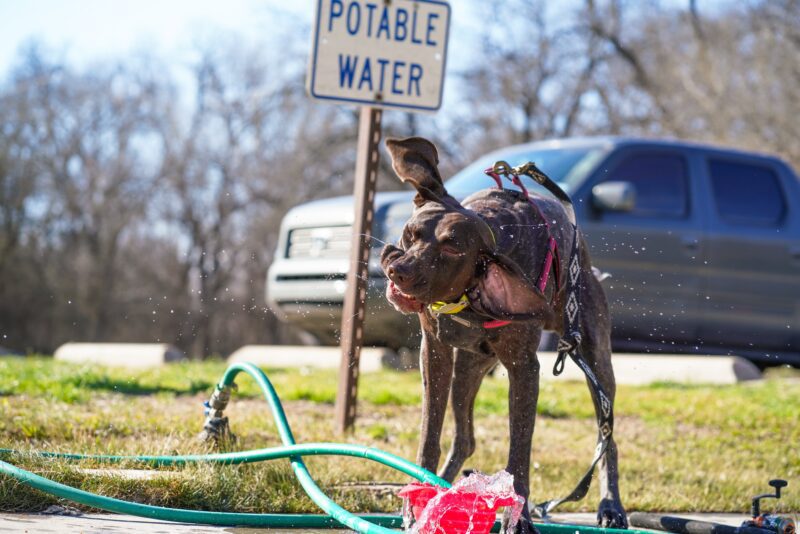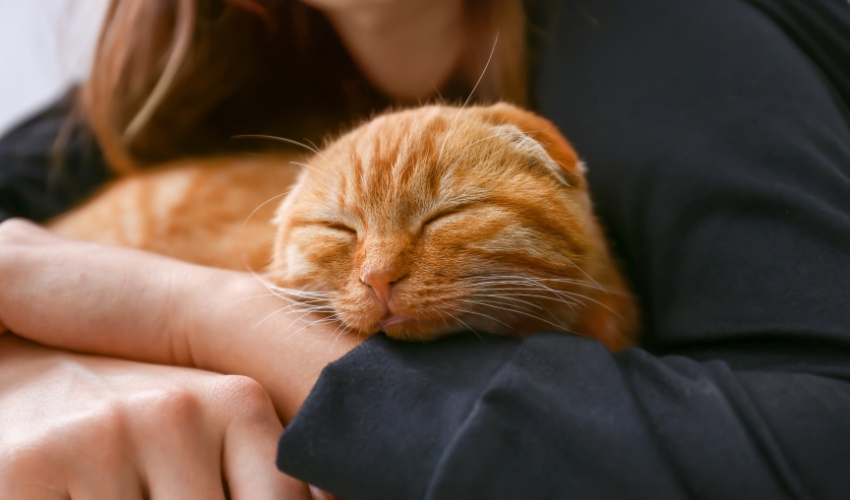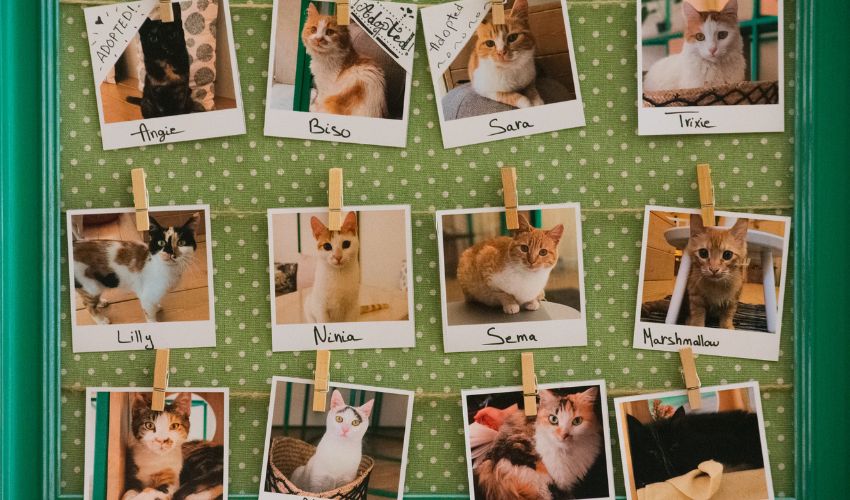Water is essential for all living organisms, including humans, animals, and plants. Its importance cannot be overstated, as it plays a critical role in various physiological processes and is necessary for maintaining life and promoting overall well-being. Proper hydration is essential for the health and well-being of pets, just as it is for humans. As pet owners, we should monitor our pets’ water intake, especially in specific situations that may increase fluid loss, such as hot weather or increased physical activity. Providing access to clean and fresh water at all times is a simple yet crucial aspect of responsible pet care. If there are concerns about a pet’s hydration or changes in drinking behavior, consulting with a veterinarian is advisable.
Hydration is often an overlooked aspect of a pet’s health. About 70–80% of our pets’ bodies are made of water, so even a 10% loss might have serious consequences. Here are key reasons why hydration is essential for pets:
Key Reasons Why Hydration Is Essential For Pets

Cellular Function
Water facilitates the transport of nutrients, electrolytes, and oxygen to cells which is essential for the body to work properly and it also helps remove waste products from the body.
Temperature Regulation
Proper hydration plays an important role in regulating body temperature. Pets release heat through mechanisms such as panting and sweating through paw pads. Inadequate water intake can lead to overheating, especially in hot climates or during physical activity so it is always important that we don’t neglect their hydration.
Digestion
Water helps break and absorb nutrients from the digestive tract. Constipation and other digestive issues can result from insufficient water intake. Proper hydration helps maintain regular bowel movements.
Joint Health
Adequate hydration contributes to the lubrication of joints, reducing the risk of arthritis and promoting overall joint health.
Detoxification
For the kidneys to filter and remove toxins from the body, water is necessary. Kidney stones and other renal problems may result from dehydration’s impact on the kidneys.
Skin Health
Pets that are dehydrated may have dull coats and dry, flaking skin. Keeping up regular water intake helps promote healthy skin.
Energy Levels
Ensuring that our furry friends are well-hydrated supports their overall energy and vitality since dehydration can lead to fatigue and reduced energy levels in pets.
Cognitive Function
Dehydration can have negative effects on cognitive function in pets, just as it does in humans. The brain is highly sensitive to changes in hydration status, and adequate water intake is crucial for optimal cognitive performance.
Signs of Dehydration in Pets
Detecting dehydration in pets is essential for maintaining their health and well-being. Here are common signs of dehydration in pets:
Lethargy
When your pets are dehydrated they may appear unusually lethargic and less active. They may not show interest in playing.
Dry Mouth
If your pet is well-hydrated, the gums are usually moist and pink however when they have dry, sticky gums and the saliva appears thick and tacky, they are dehydrated.
Sunken Eyes
Dehydration can cause the eyes to appear sunken. Healthy, well-hydrated pets typically have bright and clear eyes.
Loss of Skin Elasticity
Gently lift a small amount of skin on the back of your pet’s neck or between the shoulder blades. In well-hydrated animals, the skin should quickly return to its normal position. Dehydrated pets may have skin that takes longer to fall back into place or remains tented.
Excessive Panting
While panting is a normal behavior in many animals, excessive or prolonged panting can be a sign of dehydration, especially if it’s not related to physical activity or heat.
Reduced Appetite
Dehydrated pets may show a decrease in appetite. They may be less interested in eating or may even refuse food altogether.
Urine Changes
Changes in urine output and concentration can be indicative of dehydration. Dark yellow or concentrated urine may suggest a lack of adequate water intake.
Weakness or Collapse
Severe dehydration can lead to weakness, collapse, or difficulty standing. In such cases, immediate veterinary attention is crucial.
Elevated Heart Rate
Dehydrated animals may have an increased heart rate as the body attempts to compensate for reduced blood volume.
If you notice any of these signs in your pet, it’s important to address the issue promptly. Mild dehydration can often be resolved by encouraging your pet to drink more water. However, if the signs are severe or persist, it’s crucial to seek veterinary care as dehydration can lead to serious health complications if left untreated.
Ways to Keep Your Pet Hydrated
Ensuring that your pet stays well-hydrated is essential for their overall health and well-being. Here are some tips to help you keep your pet hydrated

Provide Fresh Water
- Always have a bowl of fresh, clean water available for your pet.
- Change the water regularly to keep it appealing and free of contaminants.
Multiple Water Stations
- Place water bowls in different areas of your home, especially if you have a large house or multiple floors. This makes it more convenient for your pet to access water.
Wet Food
- Include wet or canned food in your pet’s diet. Wet food has a higher moisture content than dry kibble, providing additional hydration.
Ice Treats
- Add ice cubes or offer ice chips as a refreshing treat, especially on hot days. Some pets enjoy crunching on ice, which can also help keep them cool.
Provide Shade
- If your pet is not drinking enough water, establish a routine for offering water at specific times during the day.
Reduced Appetite
- Ensure that your pet has access to shaded areas, especially during hot weather, to prevent overheating and encourage them to drink more water.
It’s always important to ensure our furry friend’s safety and health. We have to be vigilant and make sure that we’re giving them the proper hydration they need.












